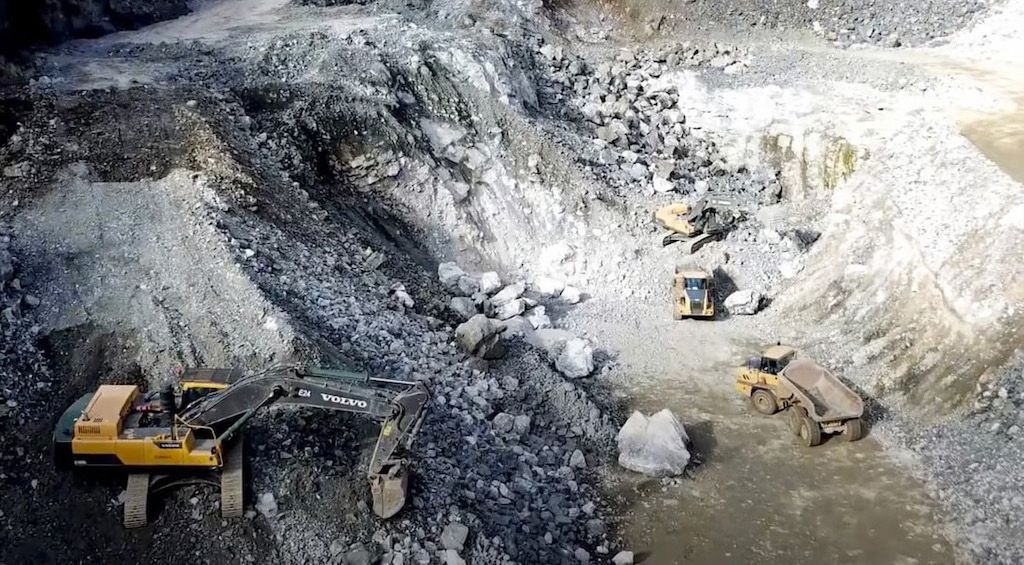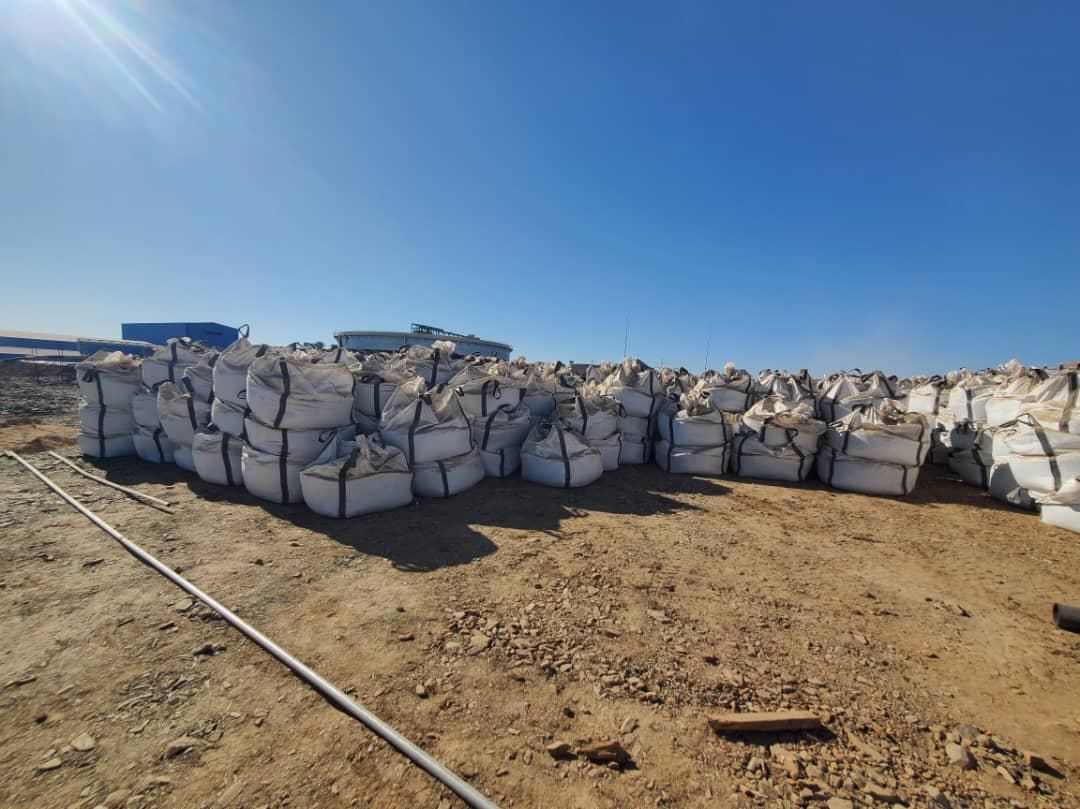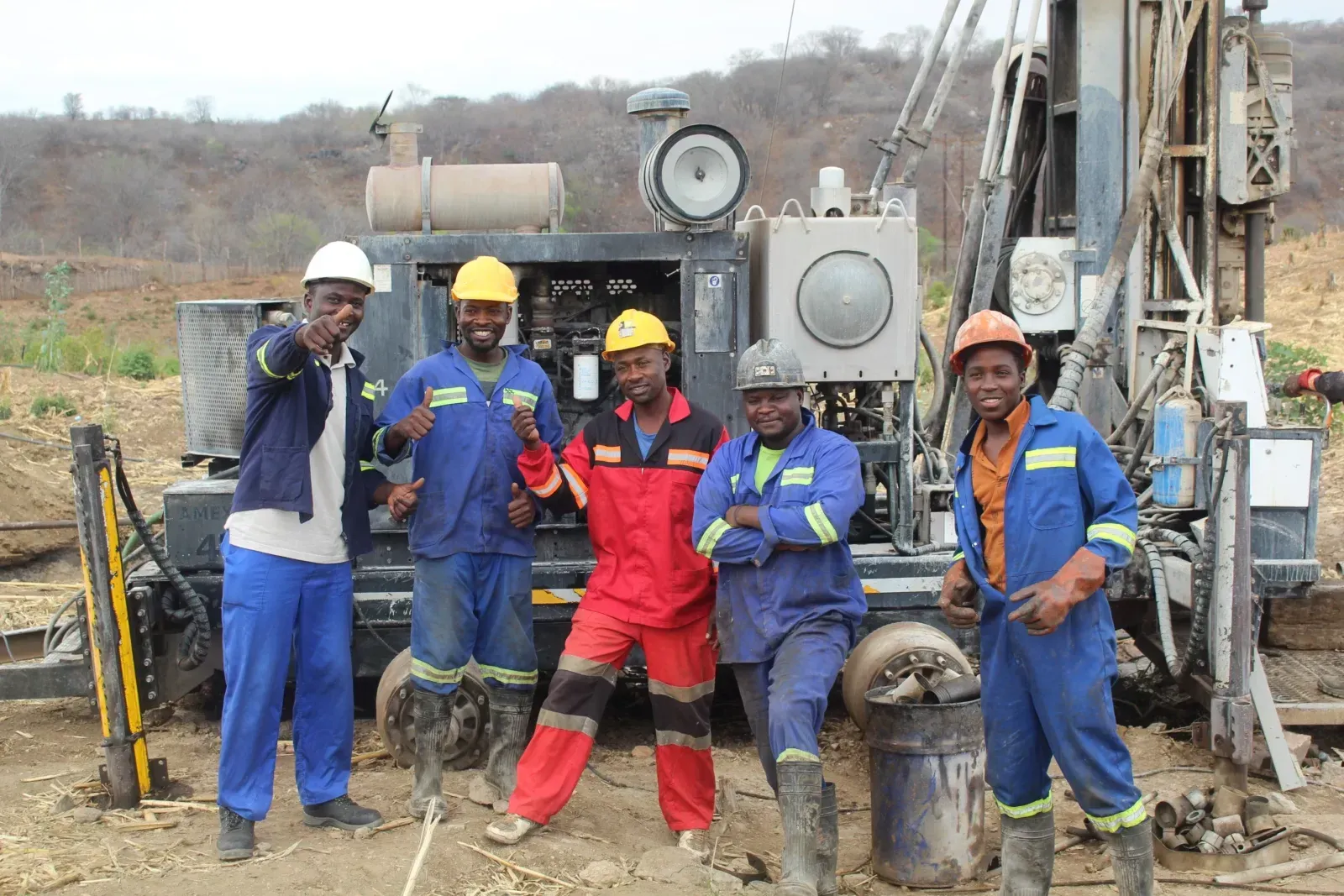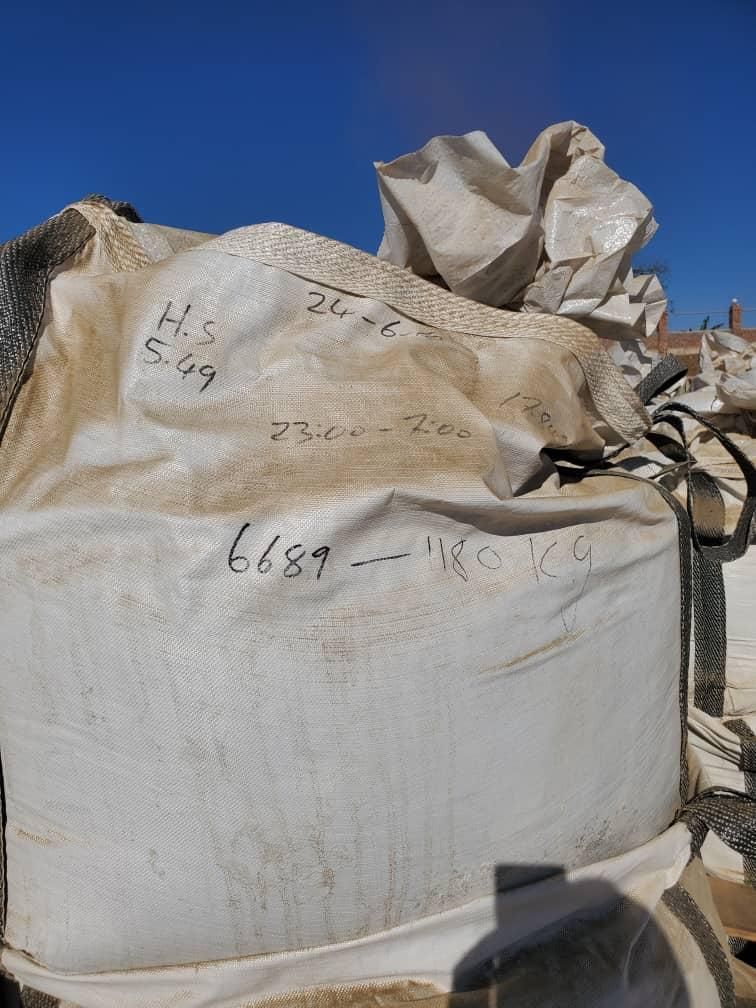Lithium Concentrate

Exporting lithium concentrate from Zimbabwe is a topic of growing importance due to the country’s significant lithium reserves, which have become increasingly valuable in the global market, especially with the rise of electric vehicles and battery technologies.
Overview of Lithium Mining in Zimbabwe
- Key Reserves: Zimbabwe has one of the largest lithium reserves in Africa, particularly in the Bikita, Goromonzi, and Kamativi regions. Bikita Minerals is one of the oldest mines in the country and has been a significant player in the production of lithium concentrates.
- Types of Lithium: Zimbabwe primarily produces spodumene and petalite, which are two types of lithium ore. These are processed into lithium concentrates before export.
Export Market
- Key Markets: The major export destinations for Zimbabwean lithium include China, which is a leading global player in battery manufacturing, as well as other Asian and European markets where demand for lithium is rapidly increasing.
- Export Regulations: The export of lithium concentrate is regulated by Zimbabwe’s Ministry of Mines and Mining Development. Companies looking to export must comply with local mining laws, secure the necessary permits, and adhere to export regulations, including the payment of taxes and royalties.
Challenges and Opportunities
- Infrastructure: Zimbabwe’s infrastructure, particularly in terms of transport, poses challenges. The country’s road and rail networks need improvement to efficiently handle the large volumes of mineral exports.
- Government Policy: The Zimbabwean government has been encouraging value addition to minerals before export, aiming to shift from exporting raw materials to exporting refined products. This might lead to future policy changes that could impact the export of raw lithium concentrate.
- Investment Opportunities: There are opportunities for foreign and local investors in the lithium mining sector in Zimbabwe, particularly in mining, processing plants, and infrastructure development.



Recent Developments
- Increased Demand: With the global shift toward green energy, the demand for lithium is expected to rise, potentially making Zimbabwe a key supplier in the global market.
- Strategic Partnerships: Zimbabwe has been looking to attract international partners to invest in its lithium sector, which could lead to joint ventures and increased production capacity.
1. Exploration and Mining Licenses
- Prospecting License: Before any mining activity begins, companies must obtain a prospecting license from the Ministry of Mines and Mining Development. This license allows them to explore areas for lithium and other minerals.
- Mining License: Once lithium deposits are confirmed, the company needs to apply for a mining license. This license gives the right to extract lithium from the identified area.
2. Environmental Impact
Assessment
- EIA Certificate: Before beginning mining operations, companies must conduct an Environmental Impact Assessment. This assessment evaluates the potential environmental effects of the mining activities. The EIA report must be approved, and a certificate issued by the Environmental Management Agency (EMA) in Zimbabwe.
3. Extraction and Processing
- Mining: Lithium ore is extracted from the mines. In Zimbabwe, the common forms of lithium ore include spodumene and petalite.
- Processing: The extracted ore is processed to concentrate the lithium
